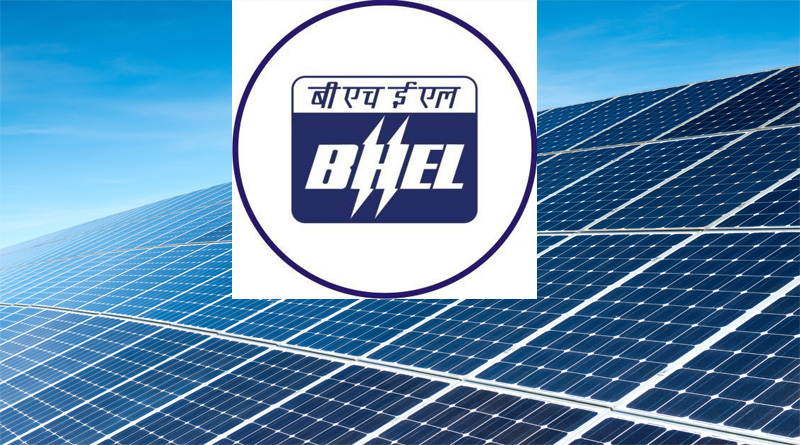In August, the manufacturing purchasing managers’ index fell from 58.1 in July to 57.9, while the services purchasing managers’ index increased from 60.3 to 60.4 in July. The composite index consequently dropped to 60.5 from 60.7 in July, the lowest level since May.
Despite this, the most recent manufacturing PMI number was higher than the historical average of 54 and indicated a significant increase in the sector’s health.
Businesses in India’s private sector said in August that costs would continue to rise. Panelists reported increases in building upkeep, labor, food, raw materials (such as rubber, leather, and iron), and transportation expenses. Still, the total inflation rate decreased to a six-month low and was only slightly higher.
The industrial and service sectors’ index results were largely similar. Charge inflation at manufacturers of goods increased to almost an 11-year high, but it decreased at suppliers of services. Despite decreasing since July, the most recent increase in selling prices at the composite level was strong and above its long-run average.
India’s private sector businesses anticipate increased output levels in the upcoming year due to the anticipation that favorable demand conditions will persist. August’s optimism was also bolstered by new client inquiries and marketing initiatives, albeit it gradually waned as a result of worries about inflation and competition.

